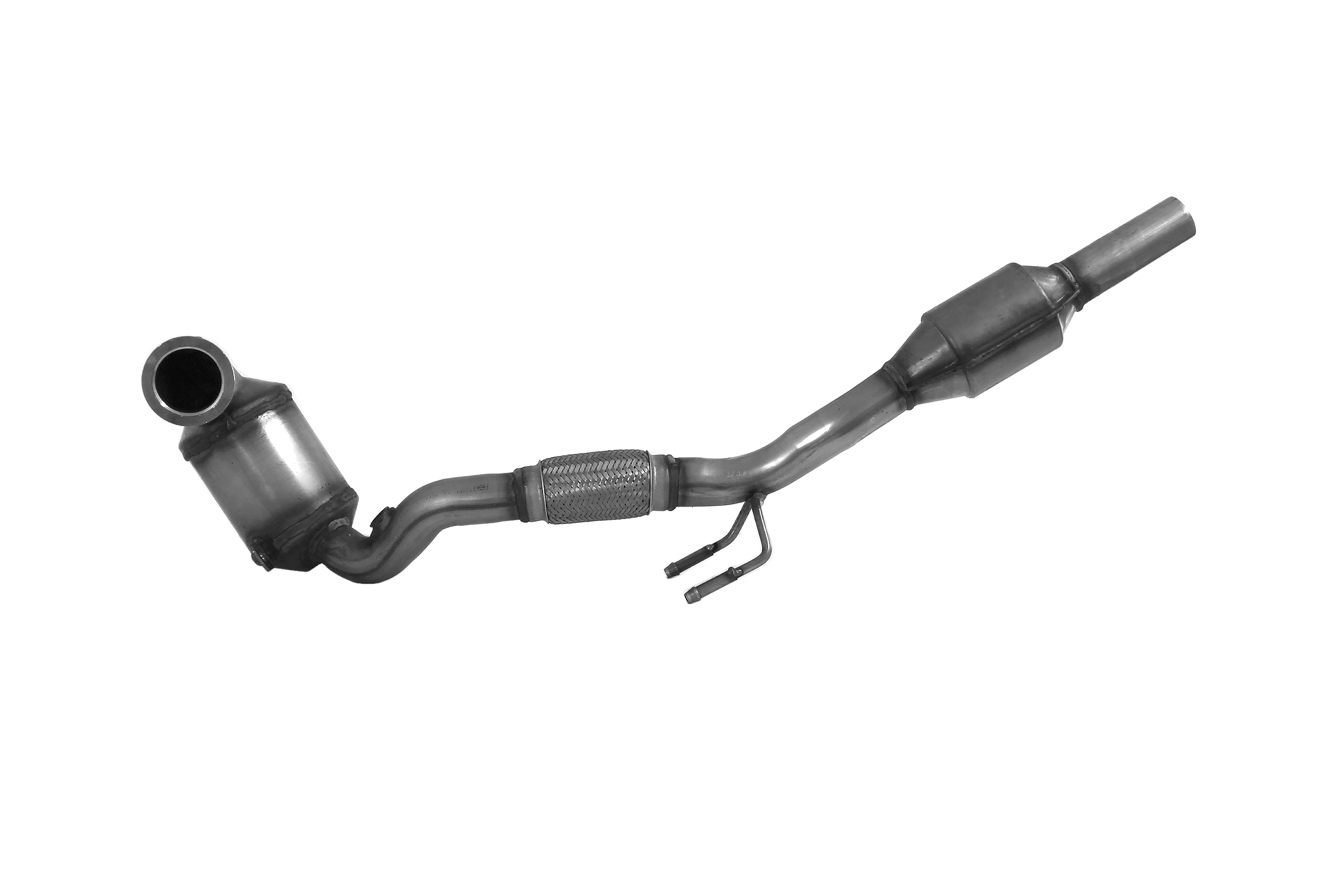29th May 2024
BM Catalysts expands range with introduction of Gasoline Particulate Filters (GPFs) to support vehicle emissions reduction

BM Catalysts, Europe’s leading manufacturer of aftermarket hot end emissions products, has launched its Gasoline Particulate Filters (GPFs) range, supporting the aftermarket in reducing vehicle emissions and further highlighting its commitment to environmental sustainability and providing cutting-edge technology.
The initial release includes six GPF part numbers with a car parc coverage of over 2.3 million vehicles.
In addition to these GPFs, BM Catalysts is also releasing four new catalytic converter references and 10 new pressure pipes, showcasing the company’s dedication to expanding its existing product range, alongside introducing new categories to serve the market.
A GPF, also known as a PPF (petrol particulate filter) or OPF (otto particulate filter), is an emissions control device designed to reduce particulate emissions from gasoline direct injection (GDI) engines.
Similar to diesel particulate filters (DPFs), GPFs have a wall-flow honeycomb structure made from ceramic cordierite, designed to filter the finer particulates found in petrol exhaust gases.
The shift to reduce CO2 emissions from vehicles has led to the replacement of traditional port fuel injection (PFI) petrol engines with GDI engines, offering better fuel economy without sacrificing performance.
However, GDI engines can produce particulate matter due to shorter air or fuel mixing times, which GPFs effectively filter out.
This technology ensures that vehicles meet particulate number (PN) emissions standards under all driving conditions, which is especially important for vehicles type-approved under Real Driving Emissions (RDE) conditions.
As exhaust gases pass through a GPF, they are forced through the channel walls of the honeycomb structure.
The trapped particulates are reduced to carbon dioxide, while unwanted hydrocarbons, nitrogen oxides, and carbon monoxide are converted into smaller amounts of carbon dioxide, nitrogen, and water.
GPFs require high temperatures to perform effectively, which petrol engines naturally provide, allowing trapped particulates to be carbonised.
Holly Brailsford, marketing manager at BM Catalysts, said: “Our product development team is constantly assessing the market to ensure customers have access to the very latest technologies. It’s crucial that we’re working together towards global initiatives to ensure a cleaner future with more environmentally friendly alternatives.
“We are excited to introduce our new GPF range, further demonstrating our commitment to reducing emissions and supporting the industry in a bid to offer cleaner aftermarket solutions that meet the evolving needs of the market.”
BackSEITEN
Richtlinien
KONTAKT
FIRMENADRESSE
Reed Mill
Sheepbridge Lane
Mansfield
Nottinghamshire
NG18 5DL








